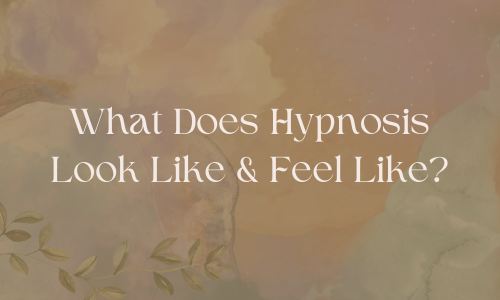Why Do People Have The Disease To Please?
Greetings, fellow seekers of self-discovery and personal growth! Today, we embark on a journey deep into the human psyche, delving into a phenomenon that resonates with many of us—the "Disease to Please" more commonly known as people-pleasing. In a world where social harmony and acceptance often reign supreme, we'll uncover the intricate web of motivations that drive this behavior and explore how it intertwines with our sense of self-worth, relationships, and overall well-being.
What Makes Person A People Pleaser?
Have you ever found yourself nodding along, saying "yes" when you truly meant "no," or sacrificing your own needs to prioritize the happiness of others? If these scenarios feel familiar, you're certainly not alone. The disease to please, a pervasive pattern of behavior, compels us to seek external validation by placing others' needs above our own. But why do so many of us fall prey to this compulsion, and what lies at its core? The origins of people-pleasing often trace back to the intricate tapestry of our past experiences. As children, the desire for love, belonging, and approval is instinctive. We learn early on that conforming to societal expectations and gaining the favor of authority figures can yield rewards—smiles, praise, and a sense of security. These early lessons lay the foundation for a subconscious pattern of behavior that persists into adulthood.
Unmasking the Motivations: Fear, Validation, & Self-Worth
At its heart, people-pleasing is driven by a myriad of intertwined motivations. The fear of rejection and the discomfort of disappointing others can wield significant influence over our actions. The validation and praise received from fulfilling others' desires can temporarily elevate our sense of self-worth, providing a fleeting yet addictive emotional boost. Yet, this cycle also perpetuates a dangerous cycle—a cycle that dims our inner voice and diminishes our authentic selves.
The High Cost of People-Pleasing
While people-pleasing may seem like an innocuous behavior, its toll on our emotional well-being can be profound. The consistent suppression of our true desires and feelings can lead to feelings of resentment, frustration, and even anxiety or depression. The more we prioritize external validation, the further we drift from our own values and aspirations, potentially sabotaging our personal growth and inner fulfillment.
A New Path to Authenticity
As we journey through the intricate landscapes of people-pleasing, a beacon of hope emerges—the cultivation of self-worth and the establishment of healthy boundaries. Embracing our intrinsic value and acknowledging that our needs are equally important lays the groundwork for authentic self-expression. Learning to say "no" becomes an act of self-care, a reaffirmation of our autonomy and a step toward reclaiming our authentic voice; it involves a profound inner shift—one that requires self-awareness, compassion, and a commitment to personal growth. Mindfulness practices, therapy, and introspection can serve as valuable tools on this transformative journey. By unraveling the threads of our past, confronting our fears, and redefining our self-concept, we pave the way for a life where authenticity and self-compassion reign supreme. And so I extend an invitation—a call to action. The path to liberation from this compulsion begins with a single step—a step toward self-discovery, self-acceptance, and self-love. Embrace your authentic self, acknowledge your inherent worth, and embark on a journey that unveils the radiant tapestry of your uniqueness. Together, let us cast aside the chains of people-pleasing and step into the brilliant light of our true selves.
Find Your Compass: Guiding You to Authenticity
If you're ready to embark on a transformative journey toward embracing your authentic self and breaking free from the disease to please, I invite you to connect with me. As a passionate advocate for personal growth and self-discovery, I help folks get stuck from messy situations and habits of people pleasing and perfectionism. So if you want to know more about what I do and how I do it, head over to my "About Me" page; and If you're thinking, "This is so cool, and I have questions about how to work with you!" Check out my scheduling page where you can book a free 20-minute clarity call to get all your questions answered. to know one another. I appreciate your love and support for Mystic Rose Medicine, and thank you for taking the time to read and sit with me as I help you make sense of the hypnotic world!
With Love, Emily Rose Wheeler
More Great Reads
ABOUT THE BLOGGER
I'm Emily Rose
Embodiment Coach + Energy Therapist
I'm your unwavering guide, here to liberate you from the grasp of old stories & labels that were never truly yours. Together, we'll reignite the connection between your mind & body, offering grounding & nurturing support to shift you from a sense of disconnection and stagnation to one of embodiment and wholeness in your life's journey. I firmly believe that purpose, passion, & pleasure are attainable for everyone.
LET’S CONNECT ON SOCIAL!
Search For Specific Topics To Read






















